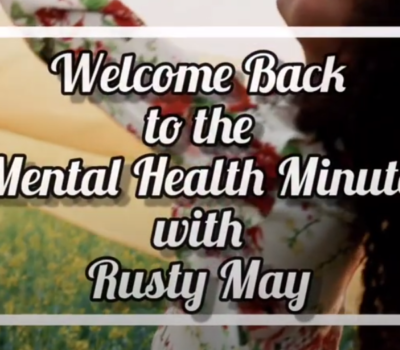

It is too easy for us to let issues with parents zap us of our energy. Strangely, it only takes one parent to cause us endless stress and lack of sleep. That one negative conversation can stop us thinking about the positive experiences that we have with the vast majority of our parents. Sometimes we need to remind ourselves that we cannot please everyone all of the time.
Of course, the best way to manage any interaction with parents is to be proactive rather than reactive. If you can send a postcard of praise home or catch the parent to share something great that you have seen the child do or say, you are building a good foundation of communicating positively.
Disarming misguided advocates can be done simply with active listening and acknowledgment of what they are saying. Genuinely listening to what is it they are trying to communicate is key. Offer to take notes, “I’d just like to write down the things that are causing you concern so I can address them all’ has three desirable outcomes. Firstly it lets them know you are taking the issue seriously. Secondly, when parents know that everything they say is being recorded they are often more mindful of what they choose to say. Lastly, you have a record of the conversation to refer to.
Acknowledgement of the parent’s issue and asking for their clarification and involvement can really support the process. Use phrases such as “I am really sorry to hear that, I would like to try and fix that if I can. If you have any suggestions of how that may work it would be great to hear them.”
You can then try the viable options and if you can’t do them, let them know the reasons why you can’t. “As much as I would like to do that, I am unable to do that in the classroom as…” Re-establish what can be done by keeping the focus on the child’s academic performance or behaviour. An educator and a parent can both see ‘what’s best’ for the child but creating a focus on the performance, work or behaviour will allow you to stay more objective and not focus on opposing opinions. “I think we both agree that we need to help X focus in their learning/manage their emotions so they can feel successful in school.”
Be aware of your emotions and their reactivity. It is all too easy to think “Don’t they know how hard I work to ensure their child’s needs are met?” – which immediately engages our emotional response. Actually the parent is probably completely unaware of what we do. Respond with your functional thinking so you can stay objective. Engage in the issue not the emotion, this will help you to navigate the conversation successfully. Take a meta-view of the situation. Look beyond the relationship with the parent to what the best outcome could be.
An angry parent can be one of the hardest to manage, it needs to be done skilfully. Anger is a powerful emotion. There are ways to manage anger and avoid verbal confrontations and protect yourself from angry parents. These steps below are based on the strategies of Jack Schafer P.h.D. who had a career spanning 25 years in law enforcement where he dealt with angry people on a daily basis. As with any skill, mastery of dealing with angry parents will take practise.

Anger triggers the flight/fight response, during which the body responds to a threat without conscious thought. Angry parents will talk and act without thinking. The level of cognitive impairment of the parent will depends on the intensity of their anger. It can take the body about 20 minutes to return to a normal state. Here are 3 steps to help manage an angry parent:
“Speak when you are angry and you will make the best speech you will ever regret” – Ambrose Bierce
Ideally we would never face an angry parent. Sometimes just giving parents space to let their anger dissipate can work. Offering a meeting later in the day, a cup of tea or a follow up phone call can help. You do not need to accept aggressive behaviour and should call for assistance or close the conversation if you feel at anyway threatened. Ensure that you state this clearly, “I am finding your tone/manner threatening, if this continues I will have to pause/stop our conversation.”
Finally it’s really important to remember these three things:
Parents love their children. Fact.
Not every parent is going to like you. This is OK.
The parent who has an issue with you is not every parent. Do not hold on to these issues.
Experience it, own it, talk about it, cry if you need to and then let it go….
One Reply to “Dealing with difficult parents”